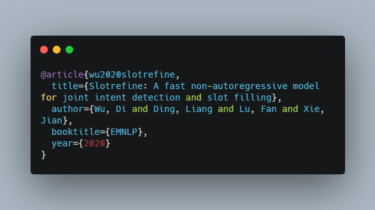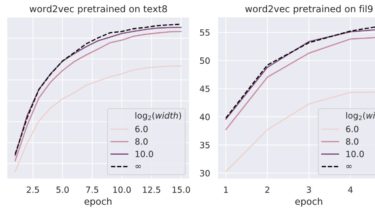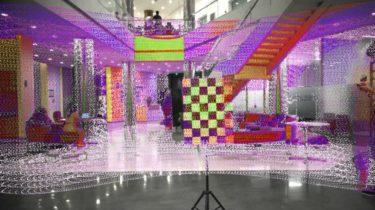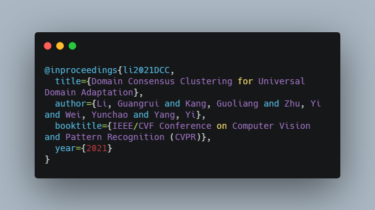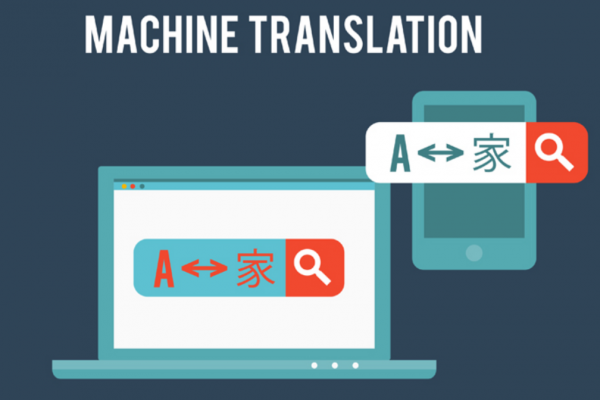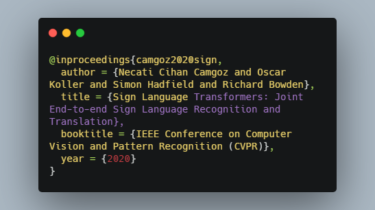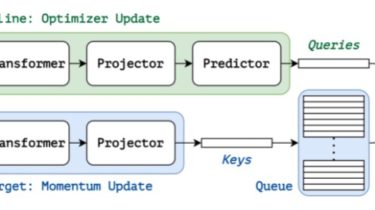Mutual-Channel Loss for Fine-Grained Image Classification
Mutual-Channel-Loss Code release for The Devil is in the Channels: Mutual-Channel Loss for Fine-Grained Image Classification (TIP 2020)DOI Changelog 2020/09/14 update the code: CUB-200-2011_ResNet18.py Training with ResNet18 (TRAINED FROM SCRATCH). 2020/04/19 add the hyper-parameter fine-tune results. 2020/04/18 clean the code for better understanding. Dataset CUB-200-2011 Requirements python 3.6 PyTorch 1.2.0 torchvision Training Download datasets Train: python CUB-200-2011.py, the alpha and beta are the hyper-parameters of the MC-Loss Description : PyTorch CUB-200-2011 Training with VGG16 (TRAINED FROM SCRATCH). Hyper-parameter Loss = […]
Read more
